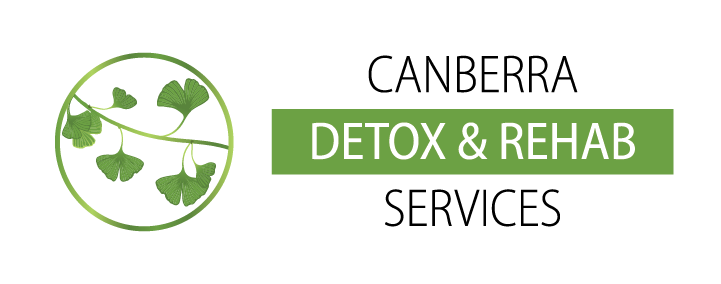When undergoing treatment for alcohol or drug addiction, maintaining a healthy diet is crucial for both physical and mental well-being. Proper nutrition can help support the recovery process, boost energy levels, and improve overall health. In this article, we will explore the importance of healthy eating during treatment and provide practical tips for incorporating a nutritious diet into your recovery plan.
The Role of Nutrition in Recovery
Nutrition plays a vital role in the recovery process as it helps repair the damage caused by substance abuse and supports the body’s natural healing mechanisms. During addiction, the body often becomes deficient in essential nutrients, leading to weakened immune function, impaired digestion, and nutrient imbalances. By adopting a healthy eating plan, individuals can replenish their nutrient stores, enhance their immune system, and promote optimal physical and mental health.
Key Nutrients for Recovery
When developing a healthy eating plan during treatment, it is important to focus on nutrient-dense foods that provide essential vitamins, minerals, and antioxidants. Here are some key nutrients to prioritize:
- Protein:
Protein is crucial for repairing tissues and supporting the growth of new cells. Include lean sources of protein such as chicken, fish, tofu, beans, and lentils in your meals. These foods can help stabilize blood sugar levels and promote a sense of fullness.
- Omega-3 Fatty Acids:
Omega-3 fatty acids have been shown to support brain health and reduce inflammation. Include fatty fish like salmon, chia seeds, flax-seeds, and walnuts in your diet to ensure an adequate intake of these beneficial fats.
- Complex Carbohydrates:
Complex carbohydrates provide a steady release of energy and can help stabilize mood and reduce cravings. Opt for whole grains like quinoa, brown rice, and whole-wheat bread, as well as fruits and vegetables.
- Vitamins and Minerals:
Ensure you consume a variety of colourful fruits and vegetables to obtain a wide range of essential vitamins and minerals. These nutrients are important for repairing damaged tissues, boosting immunity, and supporting overall health.
Tips for Incorporating Healthy Eating into Your Recovery Plan
Here are some practical tips to help you make healthier food choices during your treatment:
- Meal Planning:
Plan your meals in advance to ensure you have nutritious options readily available. This will help prevent impulsive food choices and make it easier to stick to a healthy eating plan.
- Stay Hydrated:
Drink plenty of water throughout the day to stay hydrated. Dehydration can affect mood and energy levels, so it’s important to maintain adequate fluid intake.
- Seek Professional Guidance:
Consult with a registered dietitian who specializes in addiction recovery to create a personalized meal plan tailored to your specific needs and preferences.
- Practice Mindful Eating:
Eat slowly and mindfully, paying attention to the taste, texture, and aroma of your food. This can help you develop a healthier relationship with food and prevent overeating.
Conclusion
During treatment for alcohol or drug addiction, adopting a healthy eating plan can significantly contribute to your recovery journey. By nourishing your body with nutrient-dense foods, you support physical healing, enhance mental well-being, and promote overall vitality. Remember to priorities protein, omega-3 fatty acids, complex carbohydrates, and a variety of vitamins and minerals. With proper nutrition and a well-balanced diet, you can lay a strong foundation for long-lasting recovery.
If you are seeking more information regarding treatments for drug & alcohol addiction services and treatment, please reach out to the team at Canberra Detox & Rehab Services.

